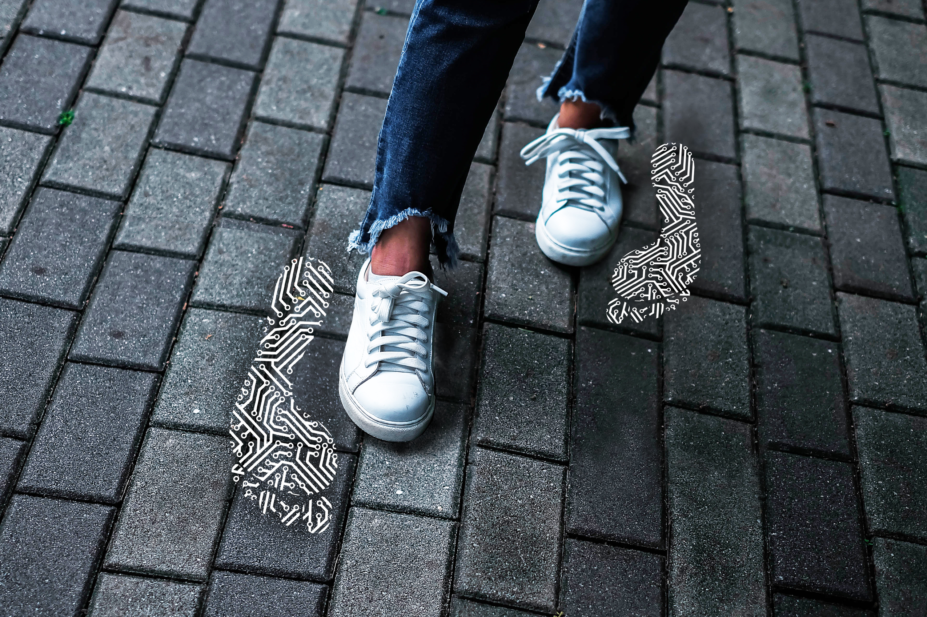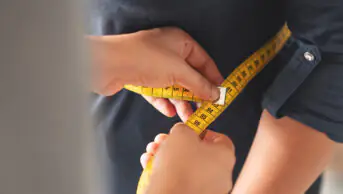
Shutterstock.com
Pharmacy students often use social media channels, such as Twitter, for networking and to interact with and follow pharmacy views and opinions online.
Although there are many positive reasons to utilise social media, it is important to remember that such interactions between individuals are often public and can be viewed by anyone online. A discussion between two pharmacy professionals could be easily observed and interpreted as unprofessional by anyone in the general public. If these interactions become heated, it is easy for those involved to forget the possible consequences.
Unprofessional behaviour on social media may be viewed by pharmacy students as normal or acceptable because they have been posted by someone they respect and admire. It therefore bears repeating that even online, individuals are representing the entire profession and are setting an example not just for those registered, but for pharmacy students too.
The General Pharmaceutical Council (GPhC) has expectations with regards to online behaviour of pharmacy professionals to ensure that social media is used to benefit the profession. The GPhC Standards for Pharmacy Professionals (2017) apply to both students and pharmacists. This includes Standard 6: “Pharmacy professionals must behave in a professional manner” and Standard 9: “Pharmacy professionals must demonstrate leadership and take responsibility for their actions”.
As pharmacy professionals, we have a responsibility to reflect the GPhC standards at all times, even outside of working hours, to reflect the values and attitudes of the profession. Interactions on social media are not private and some comments could be viewed and seen as a form of bullying. It is also very easy for others to respond impulsively during discussions without considering potential consequences.
Individuals should consider their online audience. This not only includes friends and colleagues but also patients, who may regard the pharmacy profession differently after viewing unprofessional comments online. They may also be concerned that a pharmacist’s actions online reflect how they work in practice. Although online comments can be deleted, they can also be saved and shared beyond an individual’s control and are accessible by the public.
It is important that patients’ high regard for pharmacy is maintained, especially with the increasing number of clinical services being offered in community pharmacy. Patients need to believe that their issues and queries will be dealt with appropriately, which requires a high level of trust in their pharmacist. Comments which may be easily misinterpreted online can deter patients from using a pharmacy as their first point of contact. As mentioned in Medicines, Ethics and Practice, “pharmacists and aspiring pharmacists who use social media should do so with the same high standards which they would apply in real world situations” (RPS 2017).
If students are concerned by behaviour observed online, seek advice from university staff. Many pharmacy schools have support networks in place for issues that arise, with some academics being advocates for online safety. The first step would be to contact a trusted lecturer or personal tutor as they would be able to provide assistance. Use professional judgement to identify comments which are inappropriate and know not to act in a similar way. Although the GPhC standards are directed at pharmacy professionals, students should remember that these also apply to them throughout their studies.
Overall, the PLE Group encourages pharmacy professionals and students to use social media to network and promote themselves online, but to be aware of the GPhC standards while doing so. It is also important to be mindful that you could be associated with other individuals’ online activity. Social media is such a large part of our lives today and most people are online, whether you use Twitter for networking, Facebook for keeping up-to-date with colleagues or even your email. The profession as a whole has taken a step forward in using technology and the internet to enhance services. This offers a lot of exciting opportunities, but it comes with its own challenges.
As students, if we come across unprofessional behaviour, we should take it as a bad example of how to conduct ourselves online and remember to contact a trusted lecturer if we have any concerns. If we keep the GPhC standards in mind, we can use our social media platform to set a positive example for all pharmacy professionals to follow.
About the authors:

Source: The Robert Gordon University Pharmacy Law and Ethics Group
The Robert Gordon University Pharmacy Law and Ethics Group is a student-led initiative. Pictured from left:
Conor Thorne: publications officer, Katie Waghorn: group leader, Jenna Morrison: events co-ordinator, Elisa Lee: secretary, Marie-Anne Durham: social media co-ordinator, Vivien Yu: events co-ordinator


